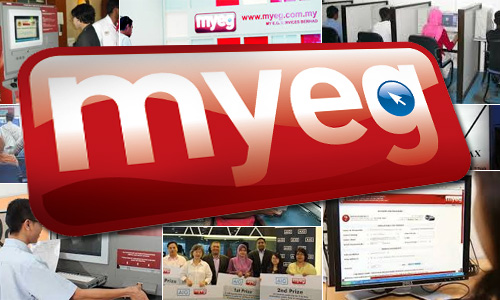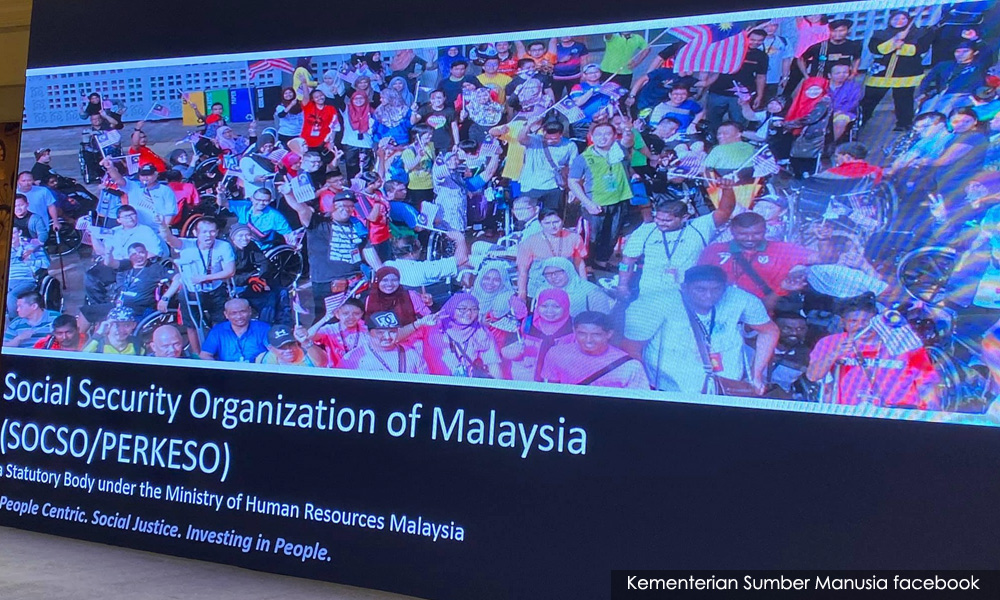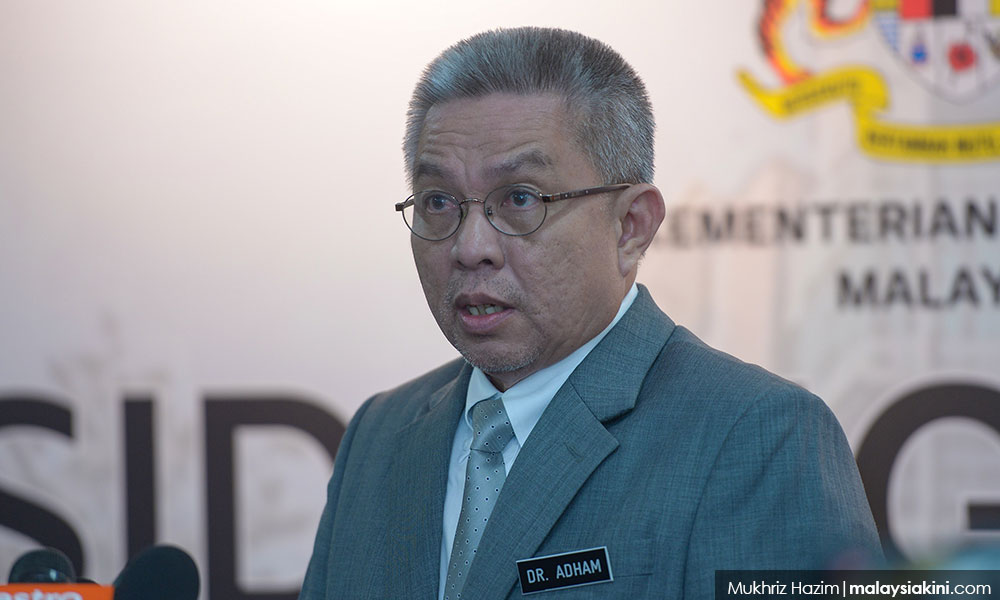Open and transparent processes of governance are disappearing

Let’s look at this hypothetical situation. You are the government and own a large property. It would be only appropriate that an experienced and erudite department or agency would be appointed and empowered to manage its day-to-day affairs.
The agency would normally have its own rigorous policies on all matters, including procurement of services and goods. To support such systems, there would be codes of conduct, standard operating procedures and the like.
If the grass has to be cut or a new coat of paint is needed, the agency will select from a list of companies already registered with the agency or invite fresh tenders, from which the finest based on price, quality of service and experience would be chosen. That’s the basis of an open and transparent process.
However, if one fine day, a company makes a public announcement that it would be the co-ordinator for all support services to the property, it should come as a shock more than a pleasant surprise.
It becomes even intriguing when the announcement makes no reference to the government or the agency, although the latter would be footing the bill.
Now, if you put the Social Security Organisation (Socso) as the agency; the provision of medical treatment for Covid-19 as the service and MyEG as the company providing this service, things will fall in place.

The company – MyEG – has touted itself as a one-stop portal for employers in Malaysia to manage requirements related to Covid-19 screening for their workforce.
It issued a statement yesterday, which among others said: “MyEG’s portal is an option for companies that wish to streamline the process of getting workers tested, providing employers with the necessary tools to register and receive confirmation of the eligibility of their workforce for the Prihatin Screening Programme.
“At the same time, through a partnership with a panel of Socso registered clinics, MyEG will also arrange for screening to be conducted on-site at employers’ premises by trained medical practitioners adhering fully to Ministry of Health guidelines. For workers not covered by the Prihatin Screening Programme (PSP), the cost of testing can be paid out-of-pocket.”
Who appointed the company and what were the terms? The statement does not provide these details nor indicate any arrangements. But the statement said: “Upon completion of the screening in accordance with the specified guidelines, individuals will be issued with a digital certificate by MyEG in the form of a dynamic QR colour code on a mobile application indicating their test status for the purposes of verification. The digital certificate will be recognised by the Department of Labour as proof of testing.”
Are we to assume that, along the way, certificates of testing done by medical professionals will have to make way for this one? Are we to also assume that this department has agreed to recognise the certificate, or is it yet another claim or throwing of the name card?
The bitter truth
Now, here’s the bitter truth – the paymaster has been hit for a six. Socso is uninformed – oblivious and to the announcement, its content and has no knowledge of MyEG’s self-appointment.
Socso’s head of medical and rehabilitation Dr Azlan Darus dropped the brutal truth – the grim reality.
As the agency coordinating the mandatory Covid-19 testing for workers, both local and foreign, it has never given consent to anyone to manage such services.

“Yes we are not aware and none of my staff gave consent,” the Malay Mail quoted Azlan as saying. Elsewhere, The Malaysian Insight quoted Health Minister Dr Adham Baba (above) as saying that the cabinet had never approved the deal.
Without accusing anyone of wrongdoing, a cursory reading of the statement shows that neither Socso, nor the government, appointed MyEG.
Usually, before any announcement on the appointment of suppliers, conditions have to be discussed and the terms agreed before all parties put their signature on the dotted line. Were there any discussions? None.
Could this have been a hush-hush deal which was done discreetly? But it could not have been done in such a manner. Stock exchange rules make it mandatory for listed companies to make instantaneous announcements of issues which could affect share prices. Hence, secrecy cannot be maintained.
(Yesterday morning, MyEG’s share trade was halted between 9am and 10am today, in conjunction with the announcement.)
While it can be assumed that Socso was by-passed at ministerial level, but if it was not discussed by the cabinet, as claimed by Adham, then none of the ministers knew about this. If so, who authorised it? In this instance, the cabinet is highest decision-making body.
How could MyEG enter into agreements with doctors on Socso’s panel without consulting the same people who appointed them to the panel? Since the payments for the screening are coming out of Socso funds, doesn’t common courtesy dictate communicating with Socso?
The PSP, a free screening programme for workers, including foreign workers that are registered with Socso, is already in existence and operational. Do we need a middleman? Who ends up paying for this service?
This whole episode leaves a bad taste in the mouth of right-thinking Malaysians, who had hoped to see results of an open procurement system which was promoted and upheld when the Pakatan Harapan government came into power two years ago.
Are we to assume that, in less than three months, the new government has dismantled and done away with procedures and systems? And with a tinge of fear and more surprise, I ask: Is cash becoming king again?
R NADESWARAN says that there are signs that we are going back to the good old days when thieves and kleptocrats were supported by a line of people in the self-serving system. Comments: citizen.nades22@gmail.com - Mkini
✍ Credit given to the original owner of this post : ☕ Malaysians Must Know the TRUTH
🌐 Hit This Link To Find Out More On Their Articles...🏄🏻♀️ Enjoy Surfing!



















Post a Comment